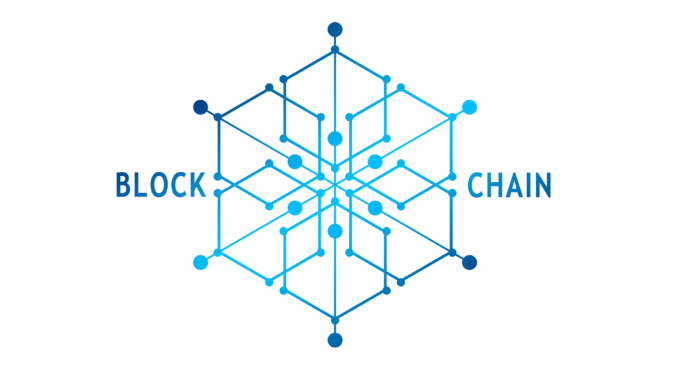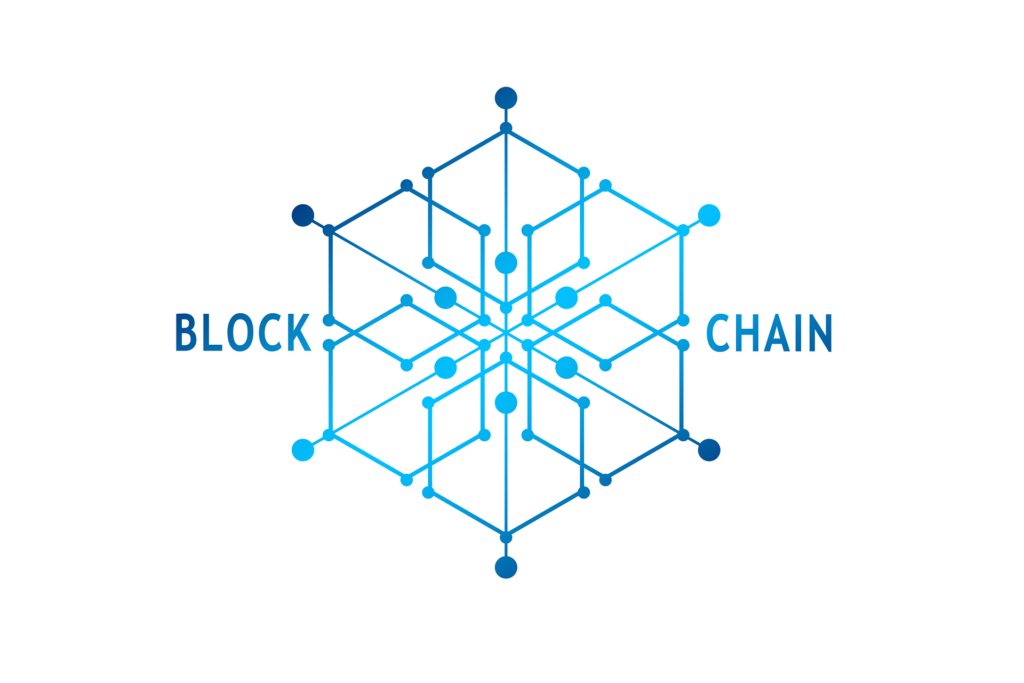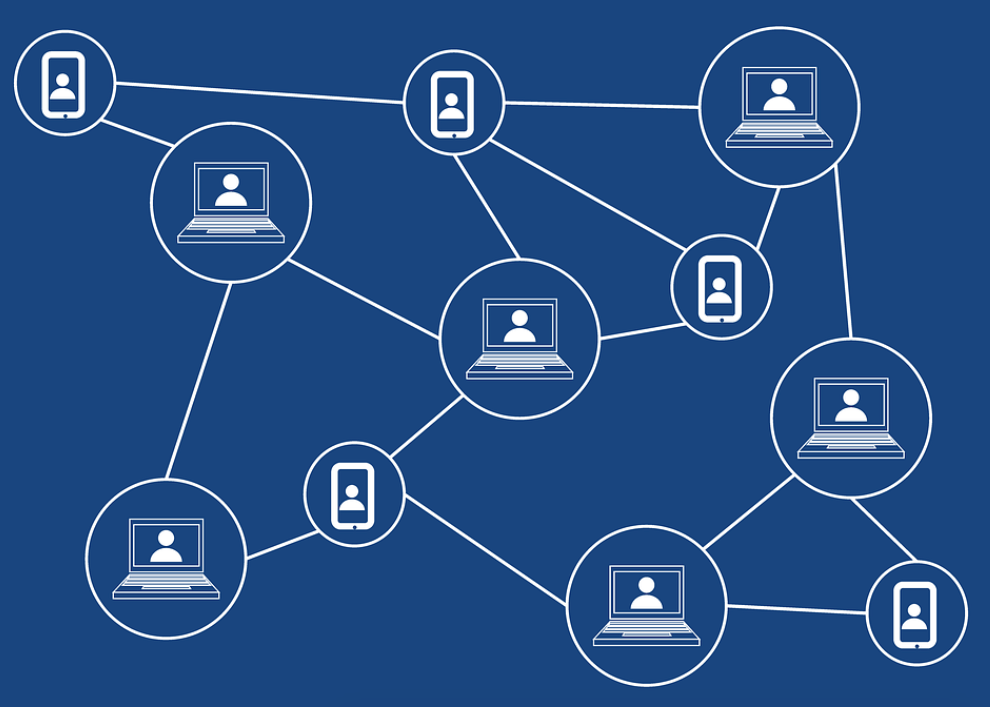
Blockchain For Lawyers – The Big Questions
By Gary Nuttall, Managing Director of distributed ledger advisory firm, Distlytics.
What is a blockchain and why is it useful?
I’ll start by stating that there is no single agreed definition of what a blockchain is. In fact, it’s very interesting to see regulators around the world incorporating their own definitions as they draft rules and legislation. In a globally connected world, having differing definitions across jurisdictions could lead to some interesting legal challenges in the future.
I have two definitions that I use. The first is that the term blockchain simply refers to a protocol, a new way of doing business, whereby “value” can be transferred without an intermediary. That value can be financial (such as money) or it could be the ownership of an asset (like a title deed for a property).

The second, more technical definition, is that it’s a write-only, distributed, decentralised database, with all transactions timestamped and cryptographically secured and it can be programmed to respond to external events.
Bringing these definitions together, and looking at the ‘so what?’, means it will be much easier to provide evidence of transactions and will remove disputes about which versions of which documents were agreed to.
The capability known as ‘Smart Contracts’, for contracts that can be (computer) coded (i.e. are completely unambiguous and not subject to interpretation), enables the automatic execution of transactions when an event has been trigged.
A simple example of this is a flight delay insurance contract which pays out automatically if a flight is delayed beyond a prescribed time. No need for anybody to check whether the flight was delayed or to submit a claim – the payment just occurs automatically.
We hear a lot about ‘immutability’, what does that really mean and why is that of use in terms of legal tech?
Immutability is a feature touted by technologists claiming that a blockchain is completely tamper proof. That’s not actually quite correct. Given the computing power of a nation state it is conceptually possible that data could be amended. However any such change would be noticed by other participants. Rather than describing blockchain as tamper proof, I prefer the term tamper resistant.
However, given that it’s unlikely that a government is going to task its super computer capabilities to modify records on a blockchain, it’s reasonable to say that a blockchain ledger is as good as being immutable, i.e. records cannot be changed.
This means that any updates and changes to a ledger are done by appending records rather than rewriting existing ones. This means that a complete, timestamped, audit trail is maintained of every transaction and every update is held in a single reference source. That means all parties are referring to exactly the same data, in exactly the same format, with exactly the same version.
 Can a blockchain store confidential information, which is a big issue for lawyers? Aren’t all blockchains going to be public by their design?
Can a blockchain store confidential information, which is a big issue for lawyers? Aren’t all blockchains going to be public by their design?
Yes, a blockchain can be used to store confidential information. Whether it should however is an entirely different question. Consideration needs to be given as to whether a blockchain is the right place to store the data or if it should instead be used as a catalogue or register which points to confidential data held in another form. A good system design will assess whether the data should be held natively in a blockchain or not and will be mindful of legal constraints.The forthcoming EU GDPR ‘Right of Deletion’ springs to mind, as you can’t delete data from an immutable database.
…you can’t delete data from an immutable database.
There are various blockchain implementations – public, private and hybrid. Bitcoin for example, is a public blockchain: everyone can access it and permission doesn’t need to be granted to join the network.
A lot of investment is being made by companies developing private blockchains, banks, like law firms, don’t want to make the data public and are developing private blockchains for which access needs to be granted.
Is a blockchain solution always useful?
I’m going to be the blockchain heretic here and state that sometimes (often, in fact!) blockchain isn’t the right solution. If something can be developed that uses an existing technology and won’t benefit from the features of a blockchain, then blockchain isn’t the right answer.
Where blockchain does help is when a requirement can be addressed better through the combination of features that a blockchain provides. If you have a requirement for a highly resilient, robust, cryptographically secured system that is distributed across multiple parties and that is immutable, then blockchain is a good option.

Does the use of blockchain provide other benefits, such as lower costs? Are there financial benefits to lawyers and legal tech teams to using blockchain?
If a law firm is willing and able to change its business processes to adopt blockchain solutions then yes, there are cost saving opportunities.
These can be realised through the reduction in operational tasks such as reconciliation between systems and the time saving made from not having to check who’s using which version and do their numbers agree with your, etc. Automating the execution of tasks through smart contracts can also accelerate the speed at which some activities can be performed and reduce the manual interaction such processes involve.
A number of startups are working on creating blockchain-based platforms which automate contract writing through a combination of templates and AI. That could significantly decrease the time and effort by lawyers in writing contracts.
And, last question, clearly adoption of blockchain tech is not going to be all smooth sailing. How would you recommend that lawyers best approach the testing of and initial use of this technology?
Blockchain is a relatively immature technology.
I describe the current state as being similar to aviation and the Wright Brothers in 1903, we’re only just beginning to make small hops into the sky with a single seater aeroplane.
It takes time to get to a 400-seater jet flying across the Atlantic. Anyone who is familiar with the history of aviation will know also that there were a lot of accidents and crashes along the journey as aircraft designers learned from mistakes.
The first step is therefore to learn more about the technology, see how it is being used elsewhere and begin to assess its impact.
Once you have an understanding of how it can be of benefit, then you can run exploratory initiatives to try it out and learn where it could benefit your business. Also, seek external advice to help accelerate your journey. There are many mistakes to be made with blockchain and you can save time and trouble by learning from those who can help guide you.
Garry Nuttall is the founder and Managing Director of Distlytics, which advises on blockchain technology. He is also a consultant to the ‘Clyde Code’ smart contract advisory team at international law firm, Clyde & Co.
Discover more from Artificial Lawyer
Subscribe to get the latest posts sent to your email.
1 Trackback / Pingback
Comments are closed.